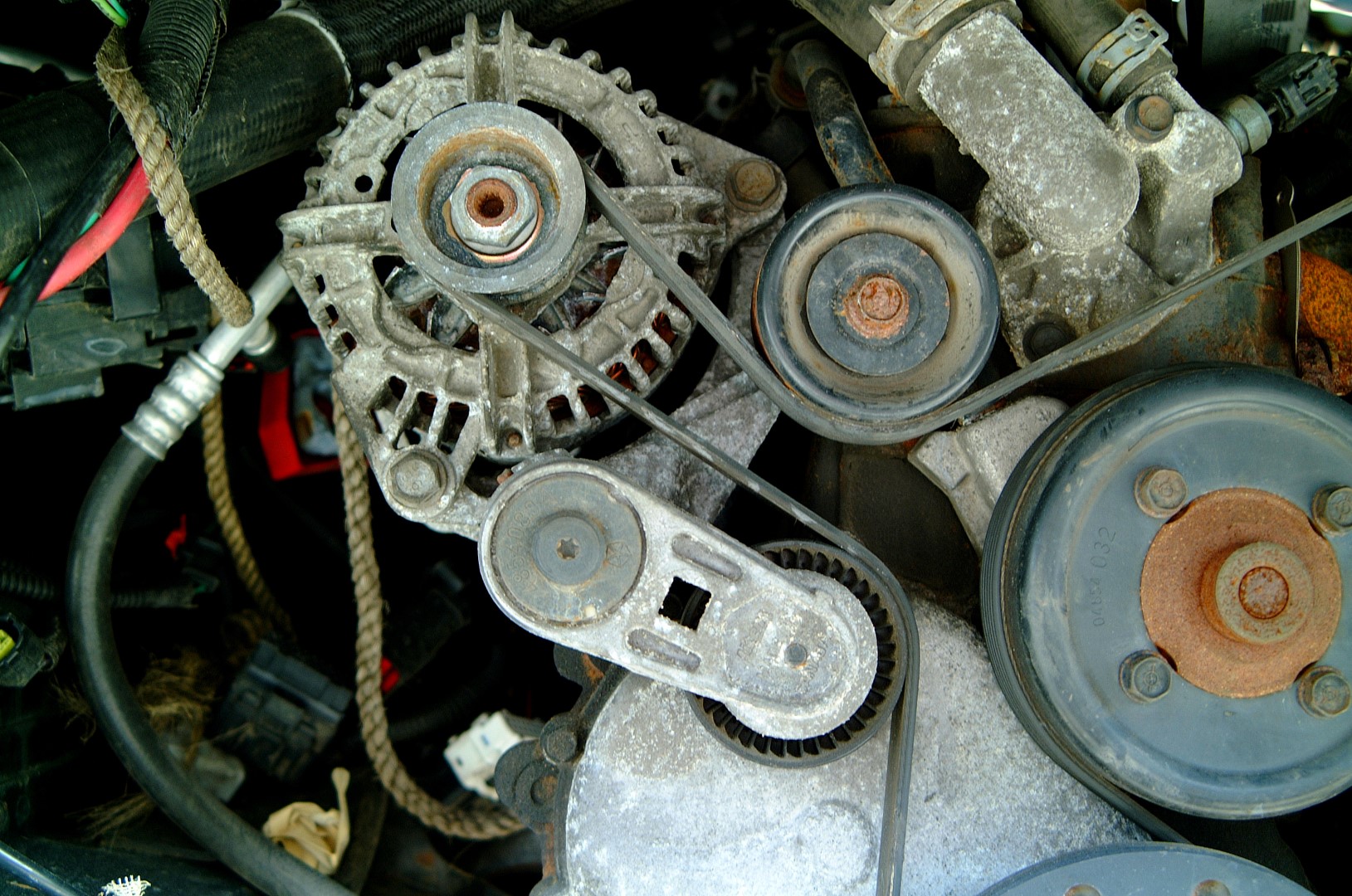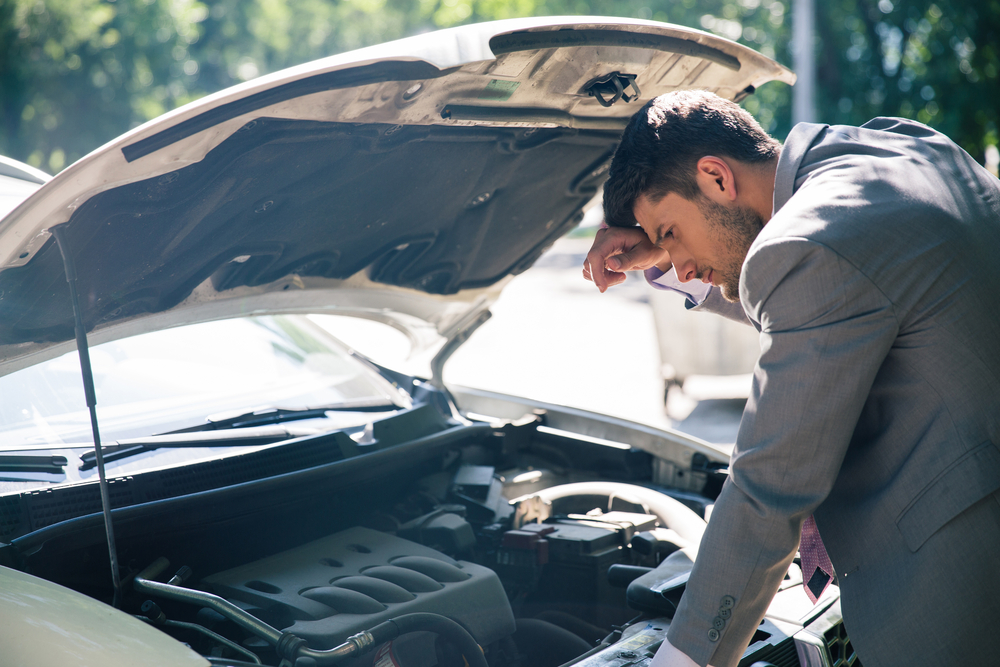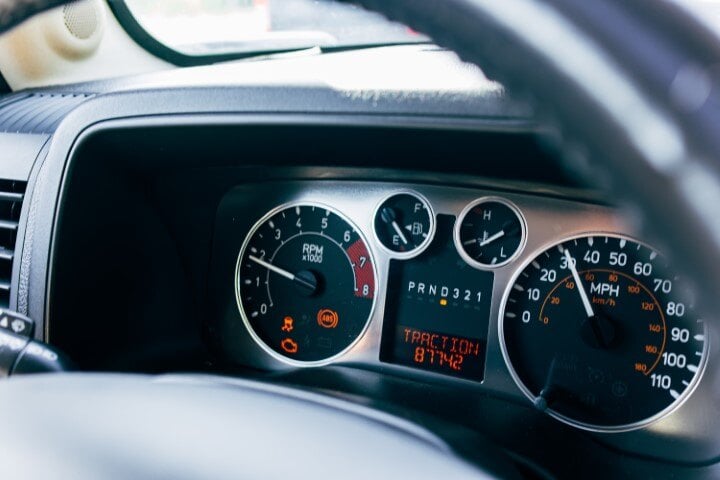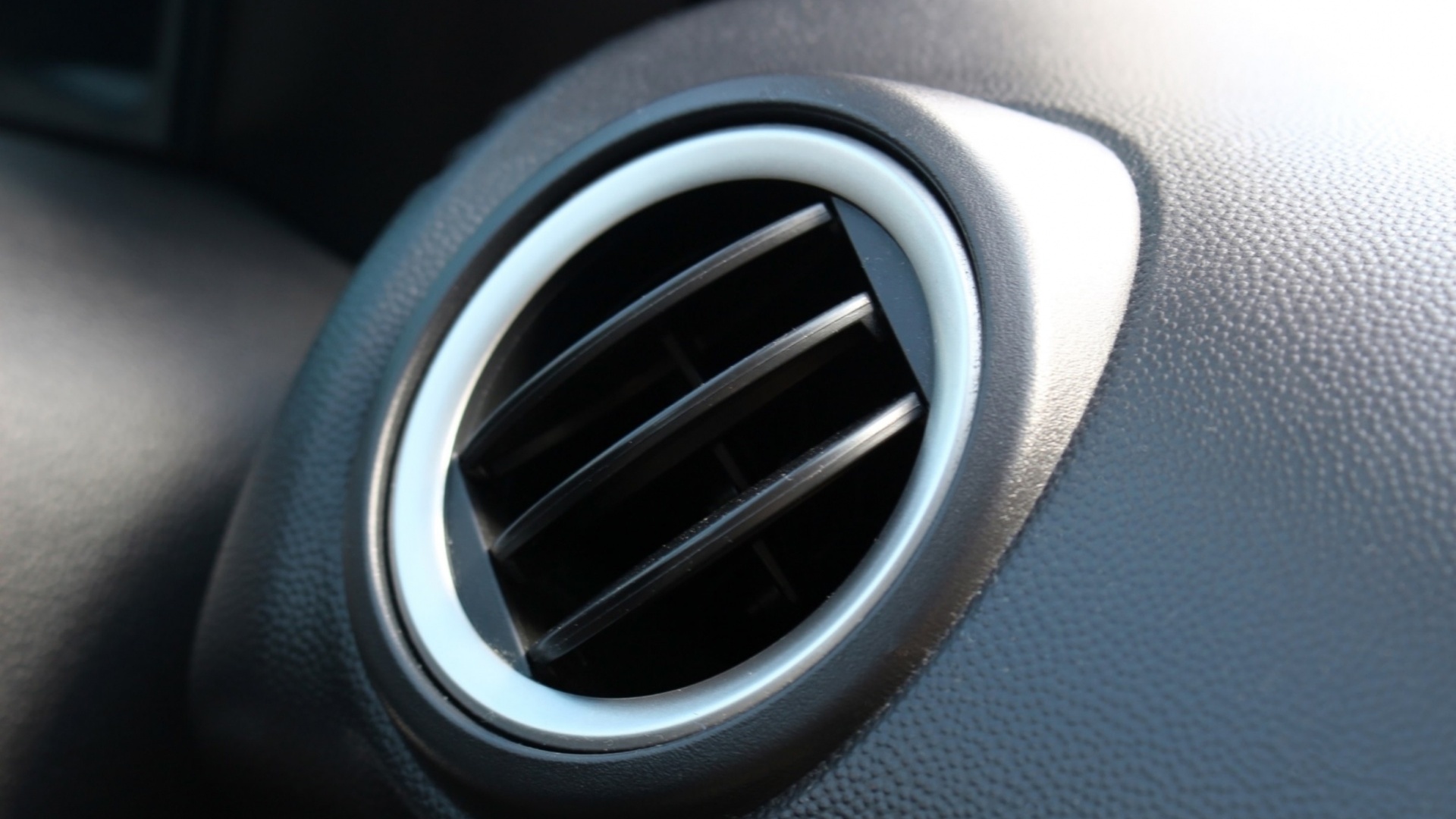Should You Clean Your Car's Engine?
At first glance, that sounds like a loaded question. Kind of like “should I eat a balanced diet” or “should I get enough exercise”? I mean, what’s...

Automotive research has consistently shown that not having enough detergency in your gasoline leads to engine deposits that result in all kinds of problems. Given that only 12% of consumers buy gasoline based on whether it has higher detergency in it, it’s fair to speculate that most drivers don’t know or don’t care.
 But they should.
But they should.
Driving on gasoline with inadequate detergency can give you problems like the following. How many of these have you recognized?
Rough Idle - especially with a cold engine. Intake valve deposits will absorb fuel required for initial starting and running.
Hesitation – when you increase the engine RPM from a stop. This is due to airflow disruption and fuel absorption by the intake valve deposits, or even by poor spray pattern from injectors because of deposits. And when your car hesistates, you tend to apply more gas, so it screws up your fuel economy.
Knocking and Pinging – old school drivers know this one well. Today’s engines are more sensitive to the fuel’s octane rating. If it’s not high enough, you can get detonation and pre-ignition problems. These are terms you might hear in this kind of discussion, but what are they really?
Detonation happens in the combustion chamber when the fuel is being burned. Remember that, in gasoline engines, a spark plug is used to ignite the fuel/air mixture as the piston drives up in the cylinder. The gasoline and air ignite and explode, producing a flame front and a pressure wave. In poor-octane fuel, the expanding flame front and pressure wave initiated by the spark plug actually moves through the chamber and compresses the fuel/air mixture in another part of the combustion chamber (which hasn’t ignited yet). The mixture self-combusts and creates a competing pressure wave. Two explosions in the same cylinder aren’t how the engine is designed to work.
Pre-ignition occurs when carbon deposits in the combustion chamber get hot. They glow during the compression stroke of the piston (the piston moving on its way up) and ignite the fuel/air mixture before the spark plug fires. The gasoline mix explodes too quickly before the piston is in proper position to take advantage
Either of these issues results in the characteristic knocking and pinging noises. But you may never notice these, because cars today have knock sensors. The car detects these problems happening and the computer adjusts the ignition timing, adding or subtracting fuel to try and eliminate these problems. And while that’s a good thing, it does mean your fuel economy and performance/engine power are going to be reduced. And you’re not even going to know it’s going on, because there’s no noise to alert you and no trouble codes recorded in the computer’s control memory.
The moral of the story? Use gasoline with a good detergent package. Or supplement what’s in the gas you buy with a good fuel additive that has a detergent package in it. These are not very expensive, and the benefits you’ll see are usually a lot higher than the costs.
You may be interested in these other posts on engine performance:

At first glance, that sounds like a loaded question. Kind of like “should I eat a balanced diet” or “should I get enough exercise”? I mean, what’s...

Just like your physical health, one small problem in the car can throw the whole operation of the vehicle off. One little ache or pain can slow us...

Automotive Air Conditioning Maintenance: Things You Can Do and Things That Are Best Left to a Trained Professional As we approach the summer months...